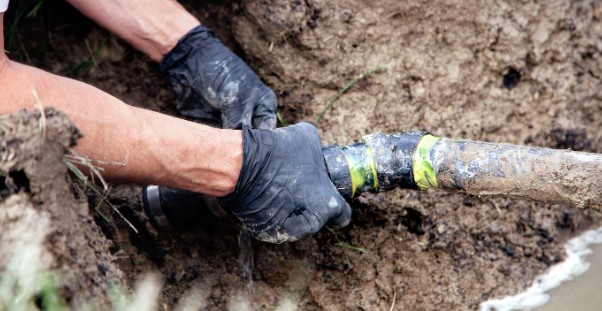Sewer systems play a crucial role in managing wastewater and maintaining public health and environmental standards around the UK.
What are the components of a sewer system?
Sewer pipes transport wastewater from homes and businesses to treatment plants.
Manholes allow access points to the sewer system for maintenance and inspections.

Pumping stations are used to lift the waste to higher elevations in areas where gravity can’t move it.
What are domestic sewers like?
Private drains consist of pipes that connect homes and businesses to the public sewer system. Property owners are usually responsible for the maintenance and repair of their private drains up to the point where they connect to the public sewer.
When problems arise, it is time to call in the professionals. If you require sewer pipe lining Wolverhampton, you can contact a specialist such as www.wilkinson-env.co.uk/sewer-repairs-drain-lining-concrete-cutting/drain-repairs/drain-repairs-wolverhampton/ for advice. Remember to check with your local water company for the guidelines applicable to your area.
What should I know about the public sewer system?
Public sewer systems are usually owned and maintained by regional water companies in the UK. Wastewater is transported to treatment plants where it undergoes processes to remove contaminants before being discharged.
Are the sewers maintained?
Regular inspections are carried out. Authorities and water companies conduct inspections to identify and address blockages or leaks.
Householders are encouraged to be mindful of what they dispose of in sinks and toilets too, to prevent blockages. How Stuff Works has some guidance on what to do if you experience a sewer-type smell in the bathroom.

Image credit
What are the future challenges of sewer systems?
The increased rainfall and more intense storms around the UK may put a strain on the existing sewer systems. Population growth may require upgrades to the existing infrastructure in towns and cities.
